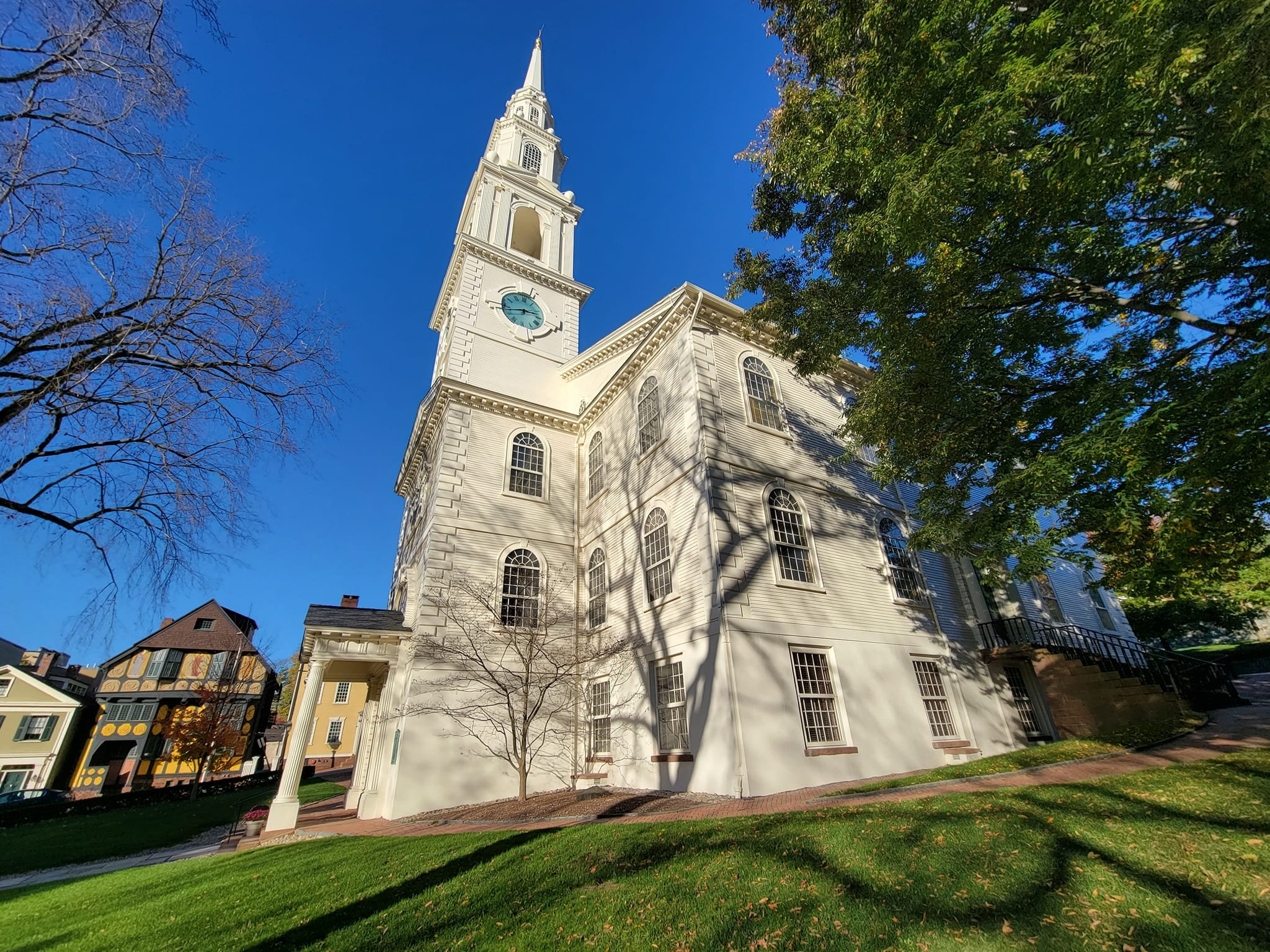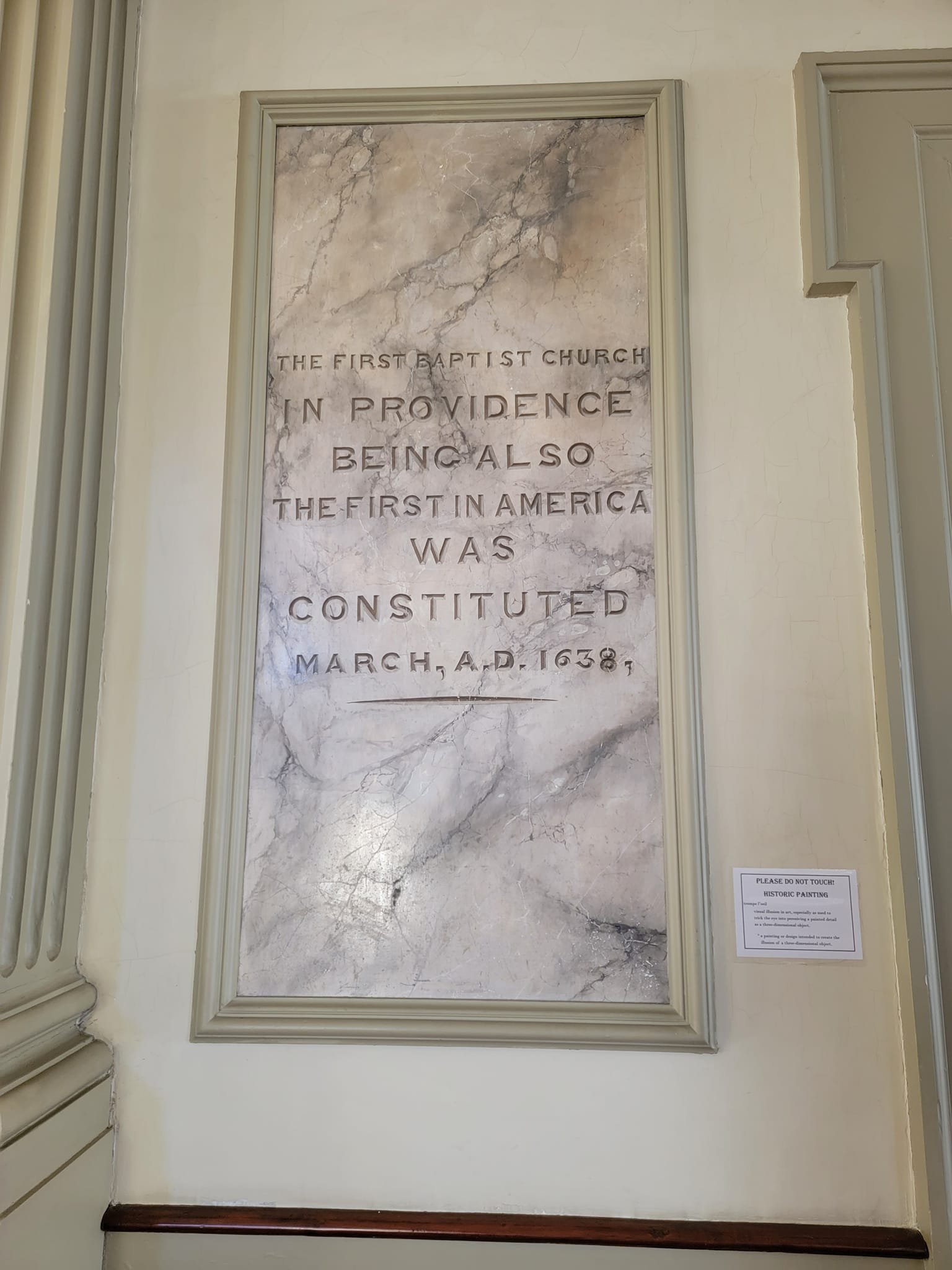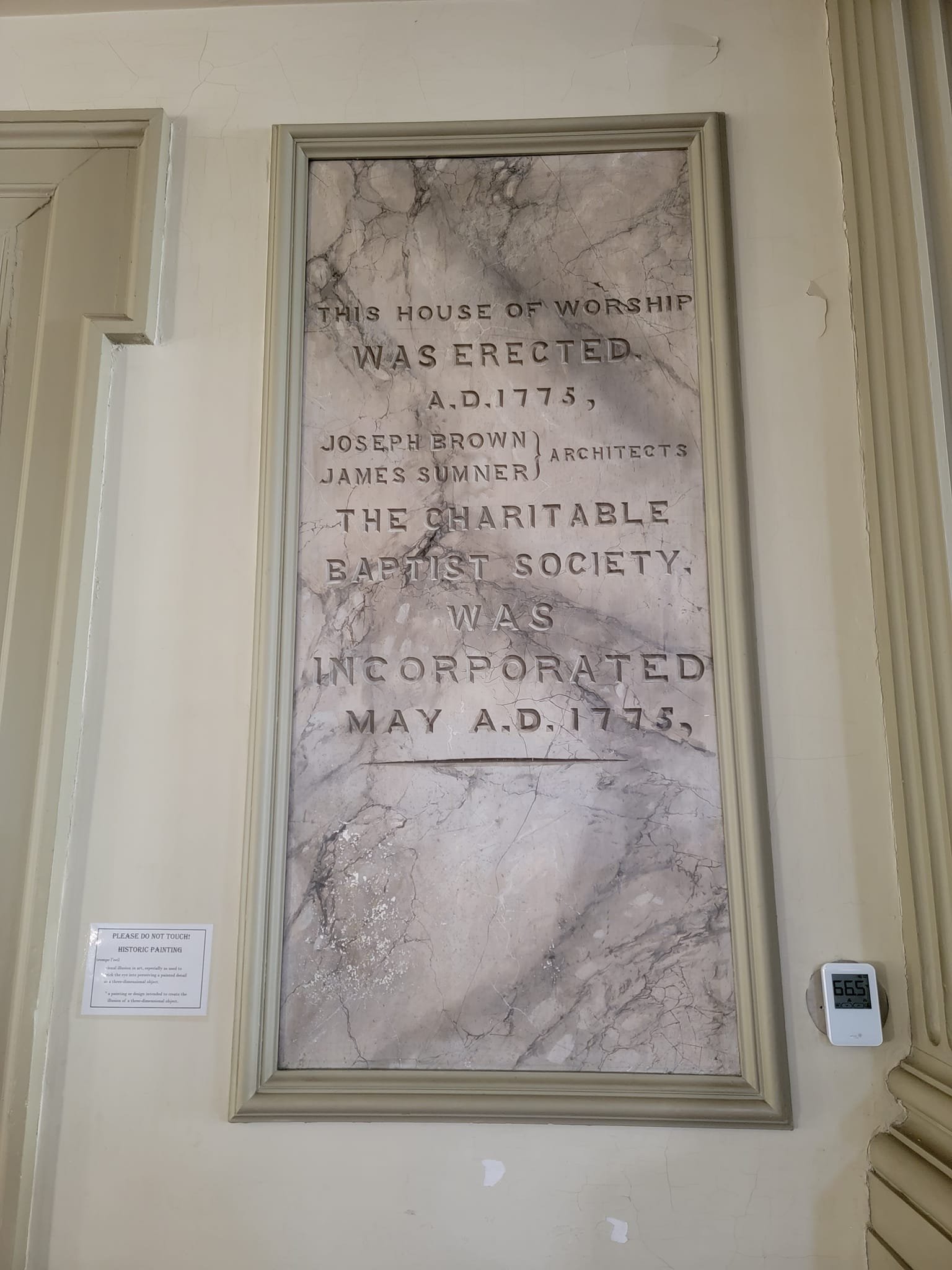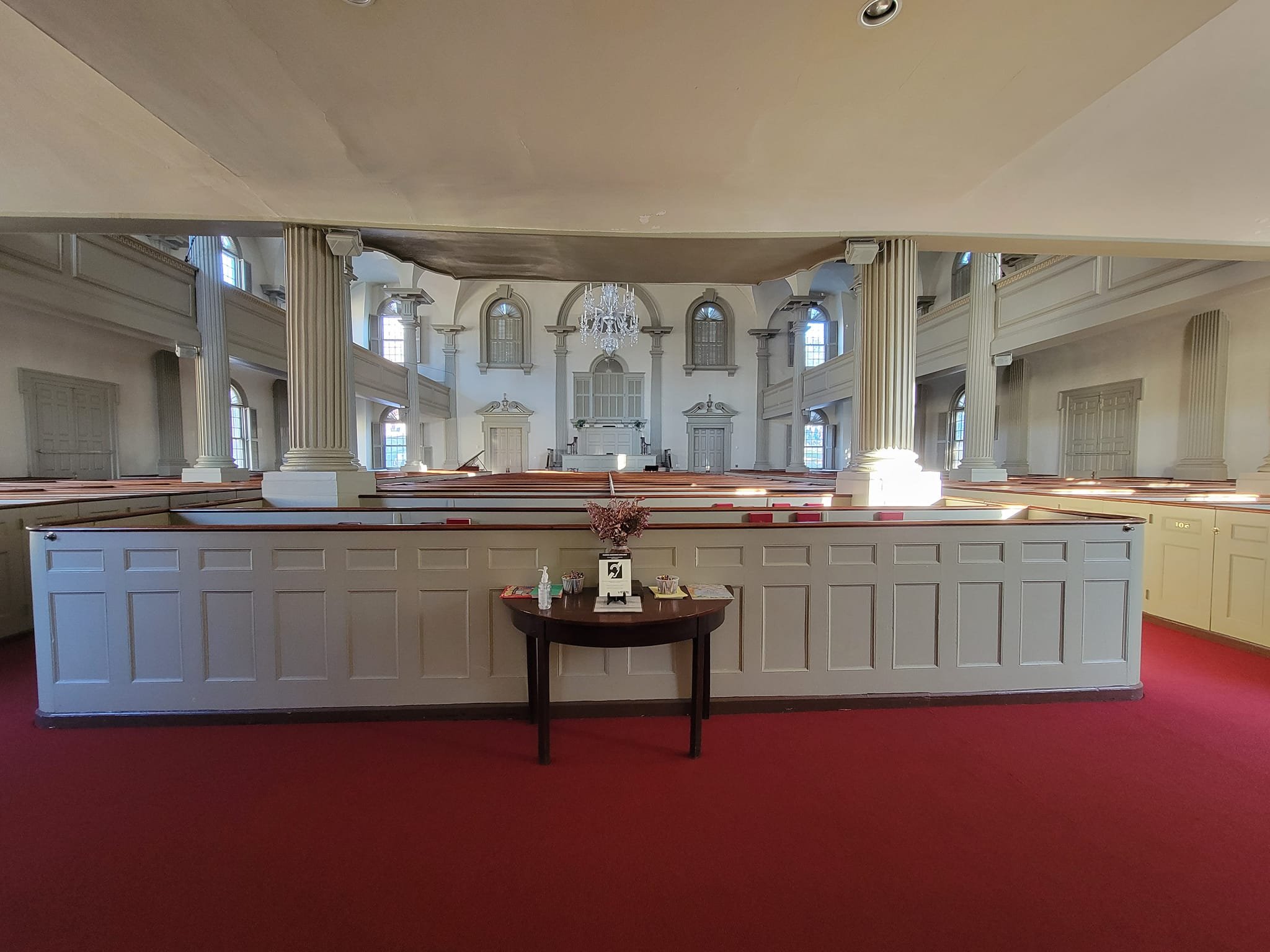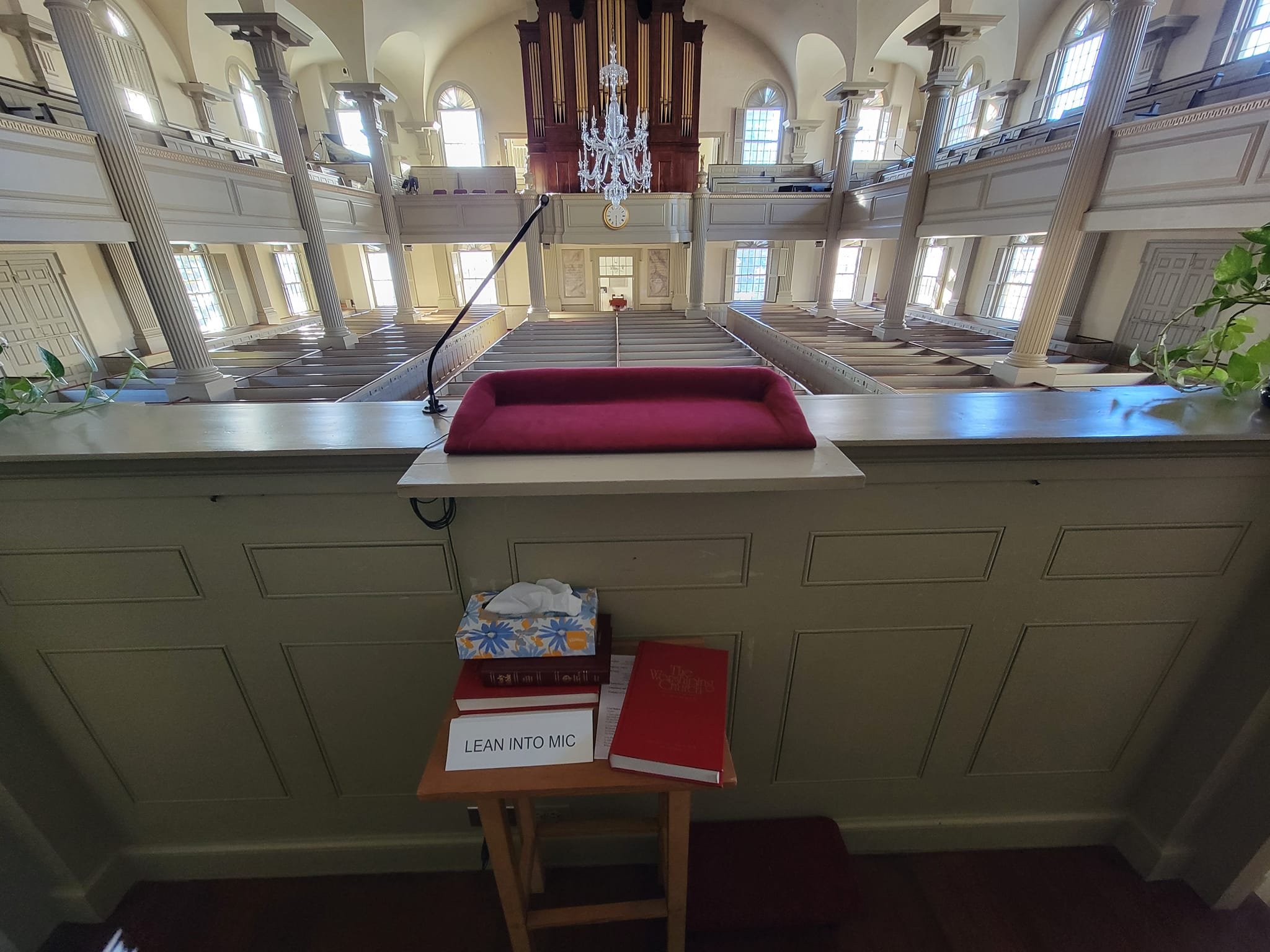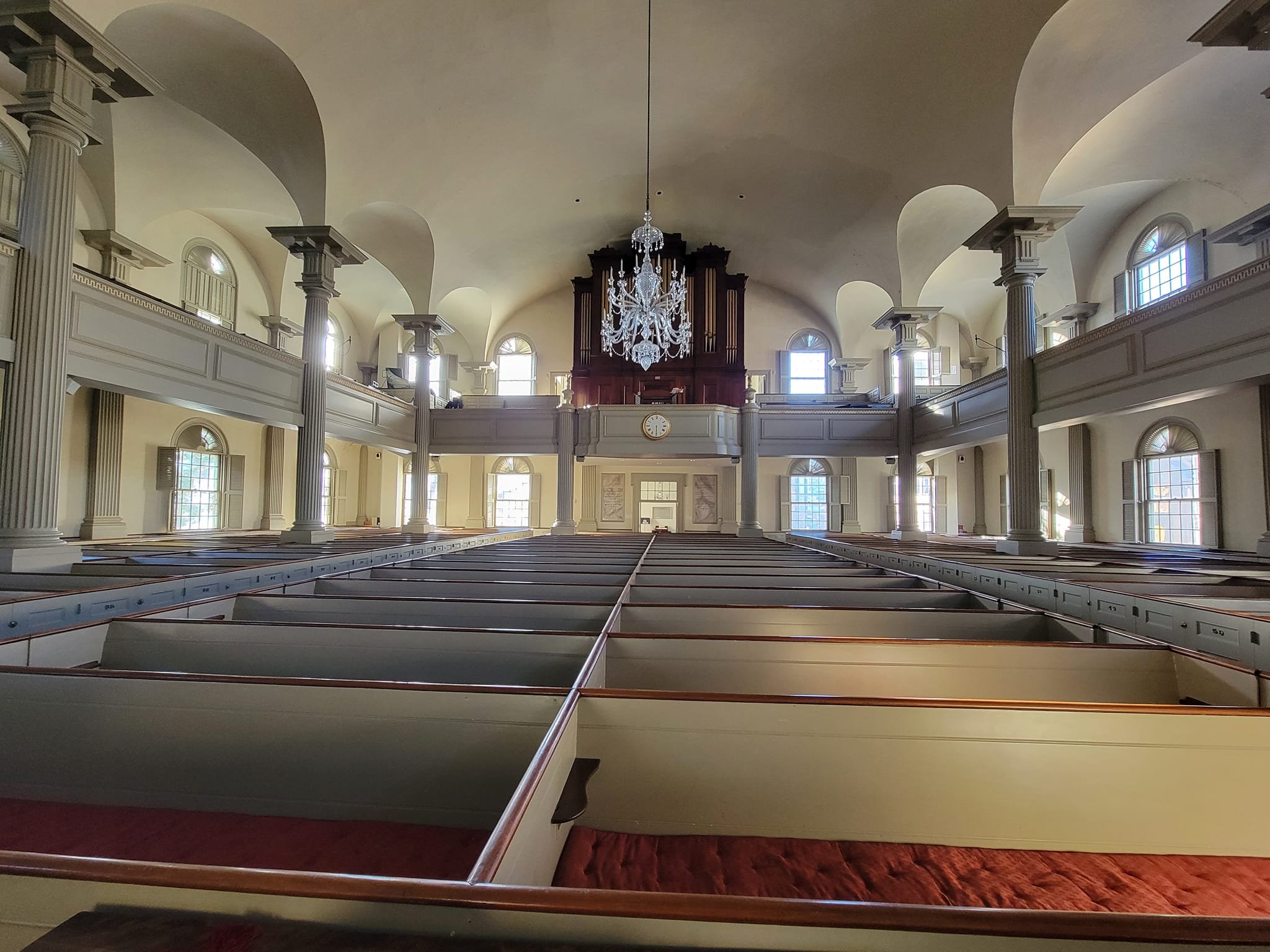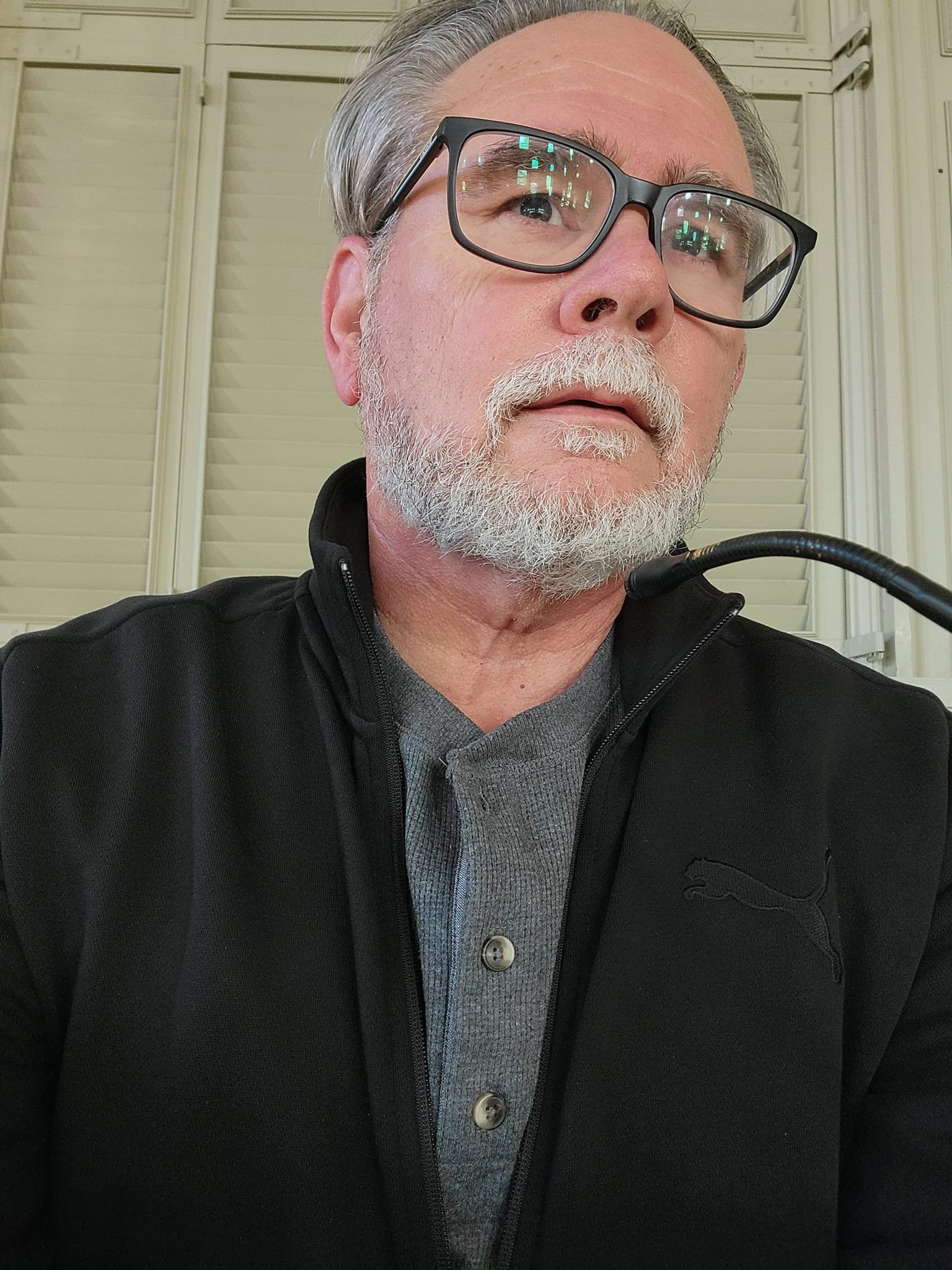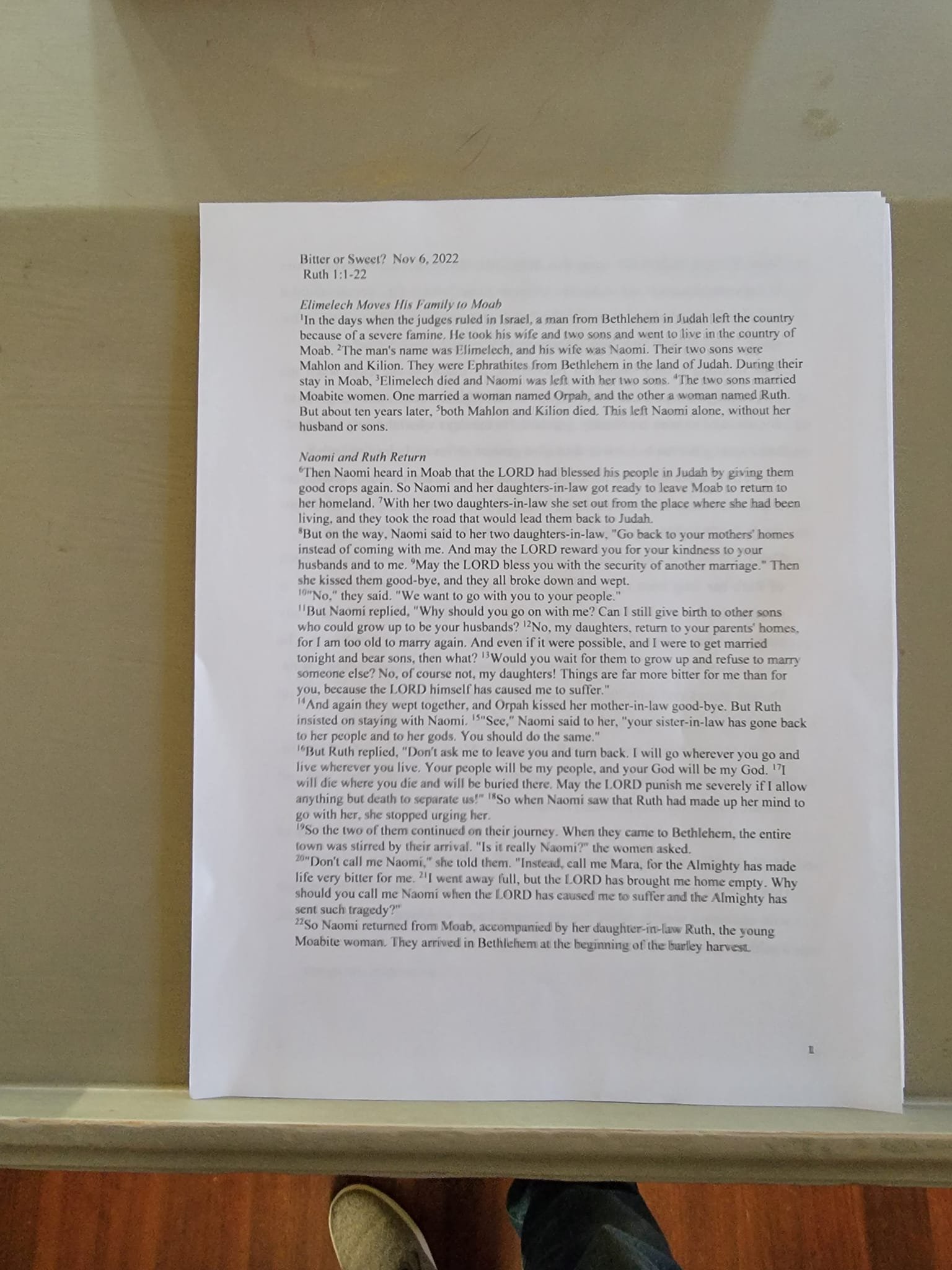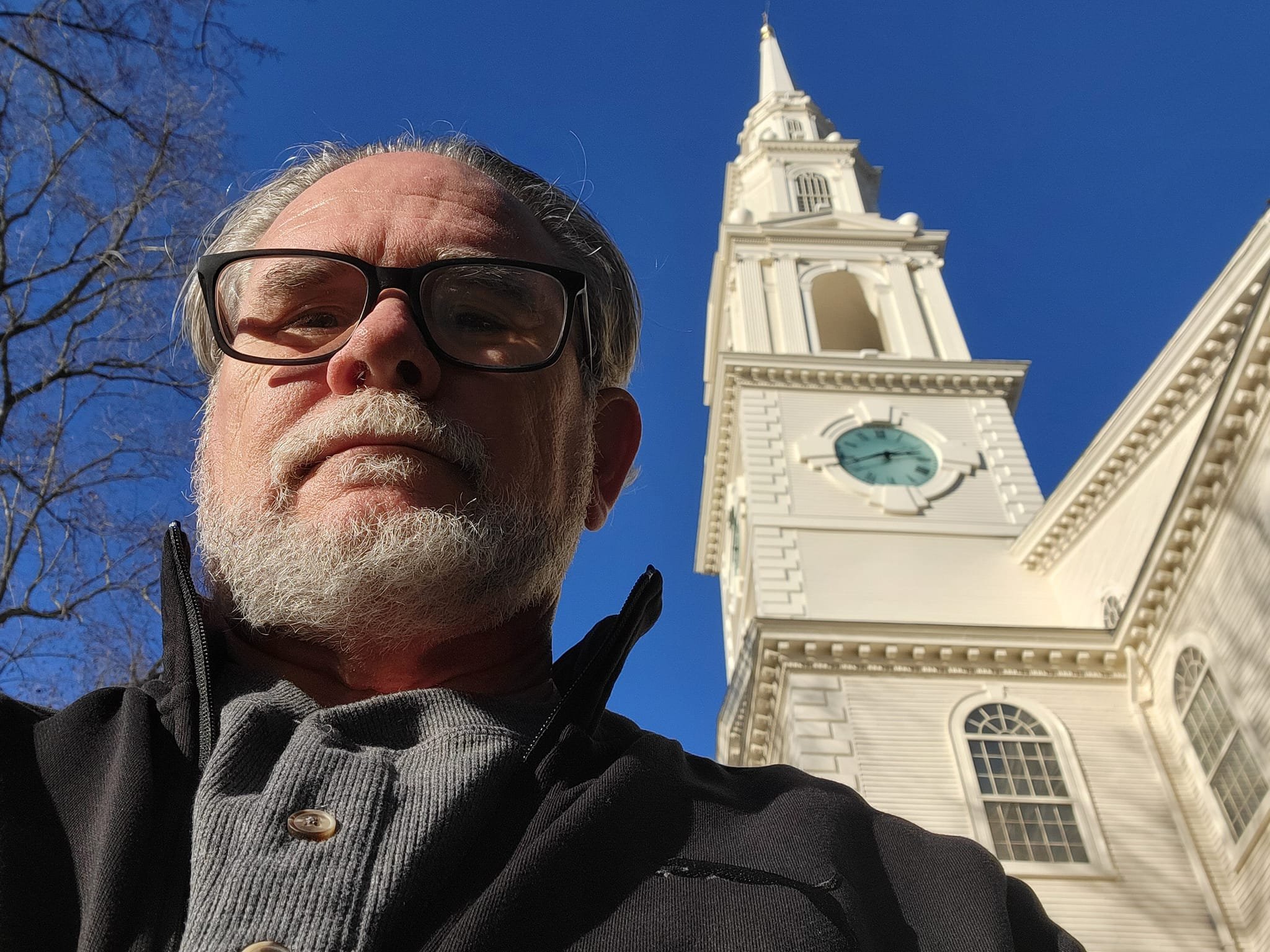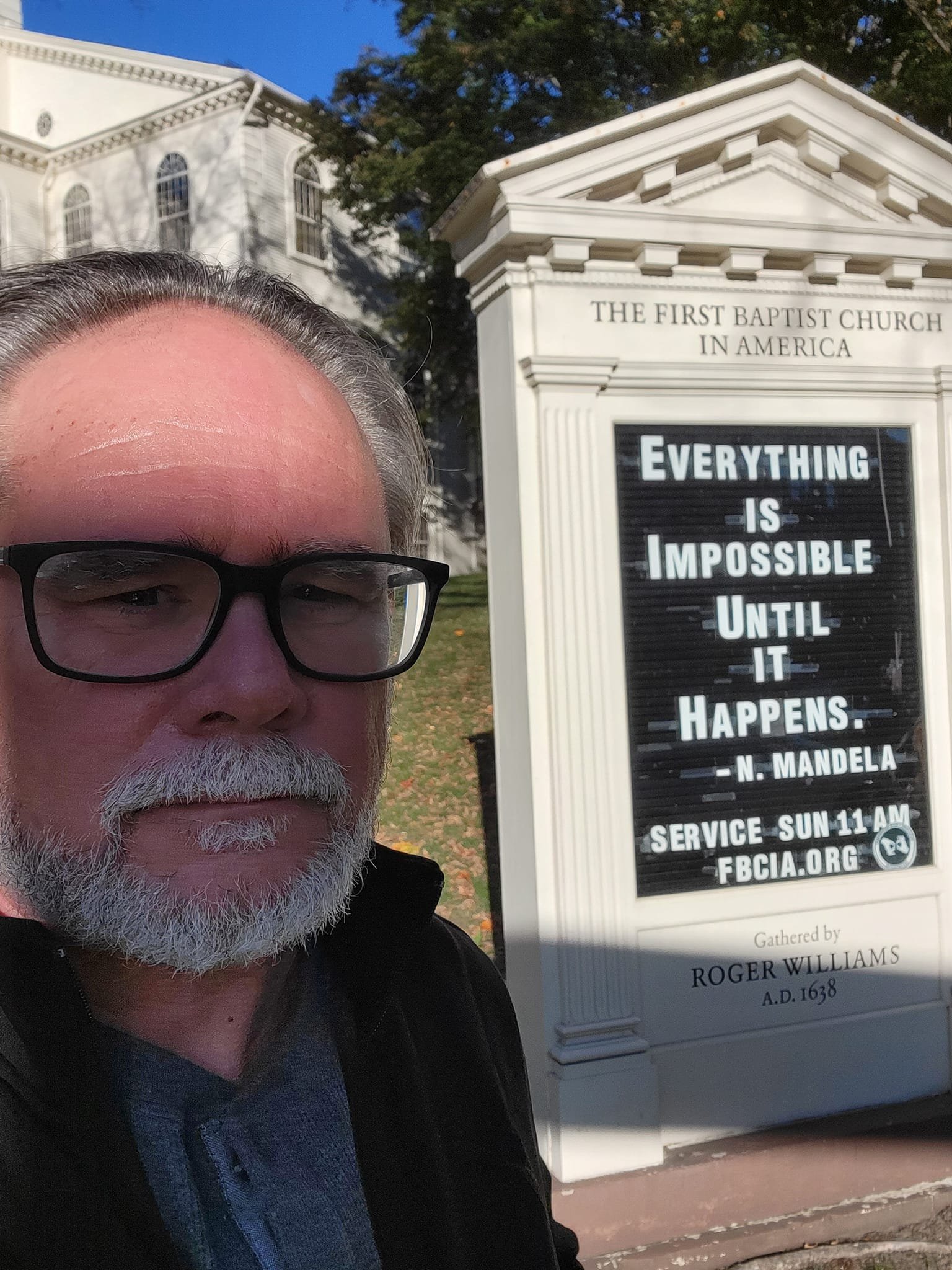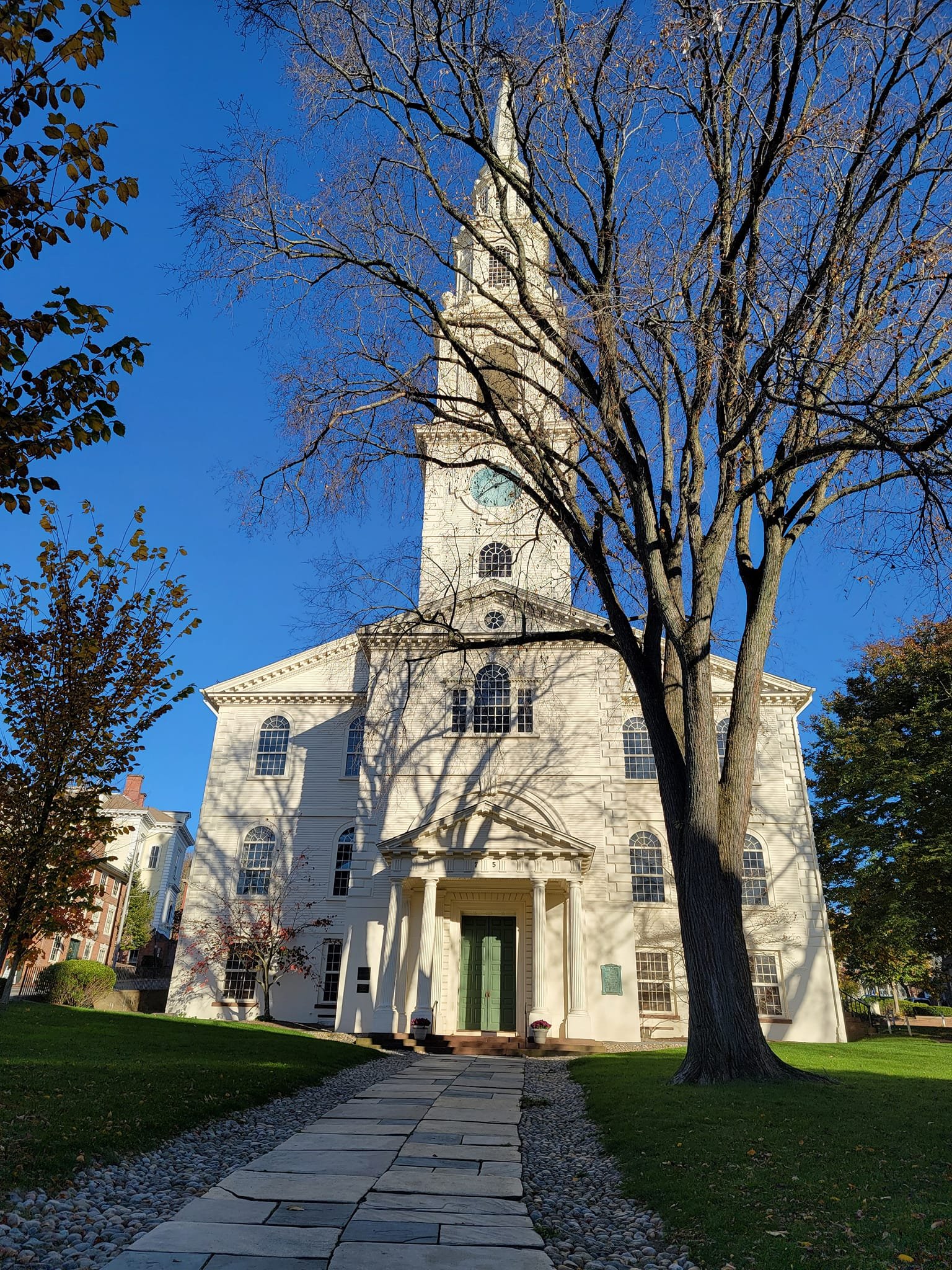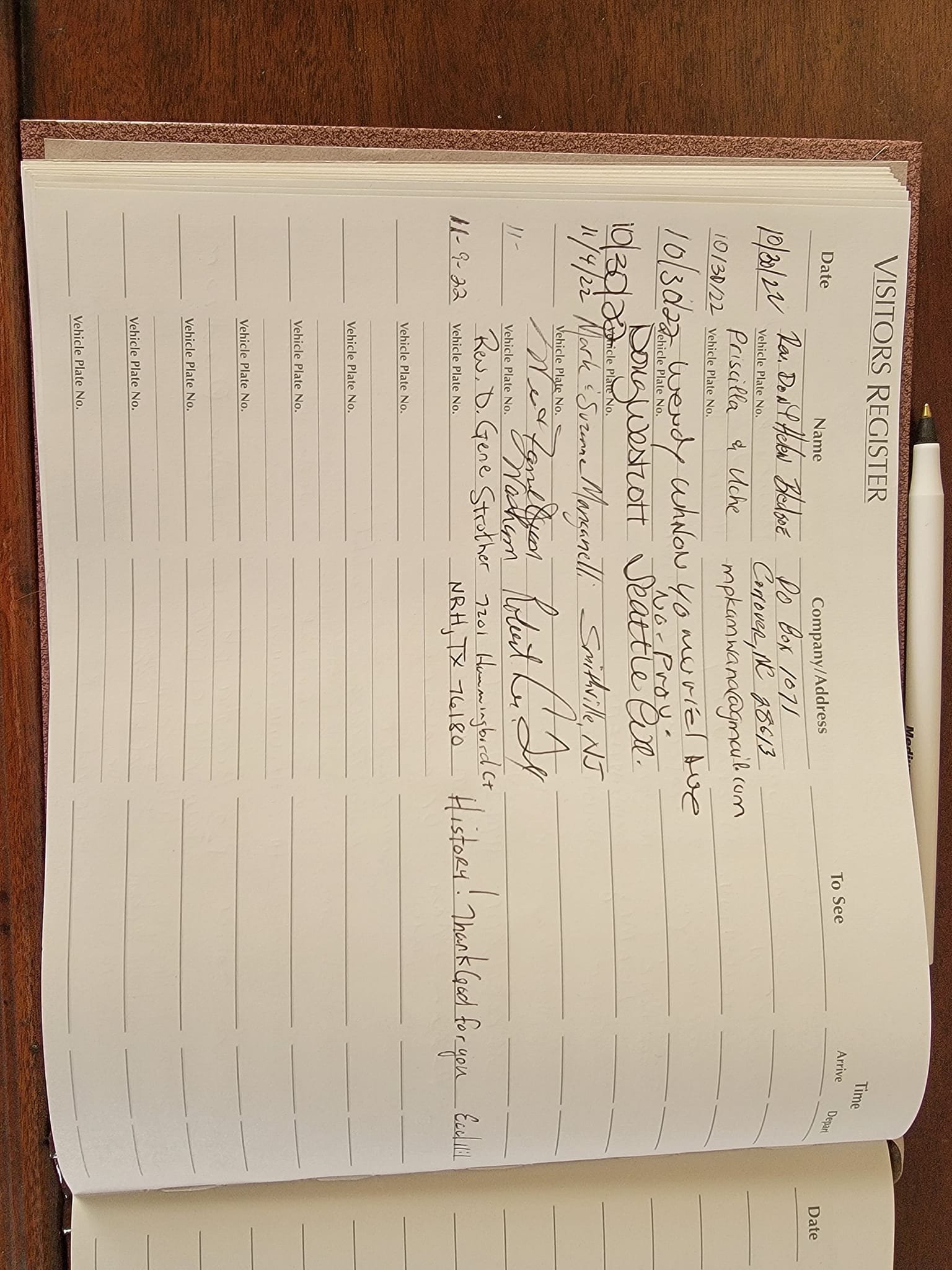I am on assignment this week in Providence, Rhode Island. Consequently, this week’s Wednesday Noon will be short. I haven’t decided how sweet. Let’s keep going.
Two preachers, best friends
This is my first trip to Providence since 2009 when my wife and I were vacationing with our friends, Keith and Debbie Day. Providence was just a short stop that we included on a Boston trip because I was obsessed with visiting the First Baptist Church of Providence, the first baptist church in America. It was founded by the English-born Puritan minister and statesman, Roger Williams.
Roger Williams was born circa 1603. In his twenties, he joined thousands of other Puritans immigrating to America in pursuit of religious freedom. In 1638, Williams purchased land from the Narragansetts, a native American tribe, and established the colony of Rhode Island. This was 138 years before the United States won its independence.
Rogers is the father of the American idea of “separation of church and state.â€
This is part of his journey, as it appears on the First Baptist Church of Providence’s website:
In late 1633 Williams returned to Salem and became the assistant to the elderly minster of the church. When the old man died, the church called Williams to be its new pastor. He began to preach his concept of “soul liberty†which rejected the idea that the civil authorities could intervene in matters of religion and conscience. He demanded complete separation of church and state as he declared that “forced worship stinks in the nostrils of God.†He argued that the church and state were founded on completely different principles: the church was based on the love of God while the state was based on the sword. He wrote, “The civil sword may make a nation of hypocrites and anti-Christians, but not one Christian.†In addition, Williams declared that it was a “solemn public lie†to say that the King of England had the right to grant land to the settlers that had not first been purchased from the native peoples. His ideas threatened the religious, political, and economic bases of the colony.
By 1635, the magistrates had had enough of Williams’ radical ideas, and he was tried and convicted of sedition, heresy, and refusing to swear an oath of allegiance in God’s name. Williams regarded it as blasphemy to use God’s name in a civil proceeding. Under order of banishment to England, Williams fled in February 1636, walking through the snow from Salem to Narragansett Bay where he spent the rest of the winter with the Wampanoags. Learning that spring that he was still within the land grant of Plymouth and fearing extradition to Massachusetts. Williams and some companions from Salem crossed the Seekonk River into Narragansett territory. There, on land purchased from his friends Miantonomi and Canonicus, the chief sachems of the Narragansetts, Williams began a settlement. He called it “Providence†because he believed that God had cared for him. This colony was a “shelter for persons distressed of conscience.†a place where everyone would have religious freedom. Providence had soul liberty and complete separation of church and state. These founding principles were so powerful that subsequent settlers in Rhode Island adopted them. When all other colonies had established churches and religious requirements or disabilities, Rhode Island had none.
The First Baptist Church of Providence emerged in 1638 from the little congregation he established.
Of course, this interests me because I was born into a Baptist family and became a believer under that influence. I went on to pastor three Baptist churches – in California, east Texas, and the Dallas/Fort Worth area. I was never ashamed of my association with the movement. I am not ashamed of it now, despite the rush over the past couple of decades by many such churches to drop “Baptist†as their middle name.
Most of the churches changed their names, I believe to have a broader appeal, and to be less “divisive.†Most of them retain the Baptistic doctrine. That is, they believe in the autonomy of the local church, eschewing the kind of hierarchical governance found in other denominations. They believe there is no vicar between a person and God but Jesus Christ Himself. And, with the current election season now at an end, it is good to note that they still firmly believe in the separation of church and state.
The separation of church and state as I hold it, and most Baptists still do, as well, is that the government has no business influencing or dictating the teachings, doctrines, and practices of the church, so long as they do not violate the established laws. Church people, however, have the right and the responsibility to be involved in politics, and to influence the direction of the country, as much right as any citizen not connected to a church.
Yesterday, we took to the polling places to do just that. At least, I hope we did.
It is the gospel, not the government that informs our passion and our commitment.
King David, a statesman and theologian in Israel wrote In Psalm 33:1…
Blessed is the nation whose God is the LORD; and the people whom he hath chosen for his own inheritance.
Blessed means “happy, fortunate, favored by God.â€
God bless America.
My name is Gene Strother, and this is Wednesday, Noon.


